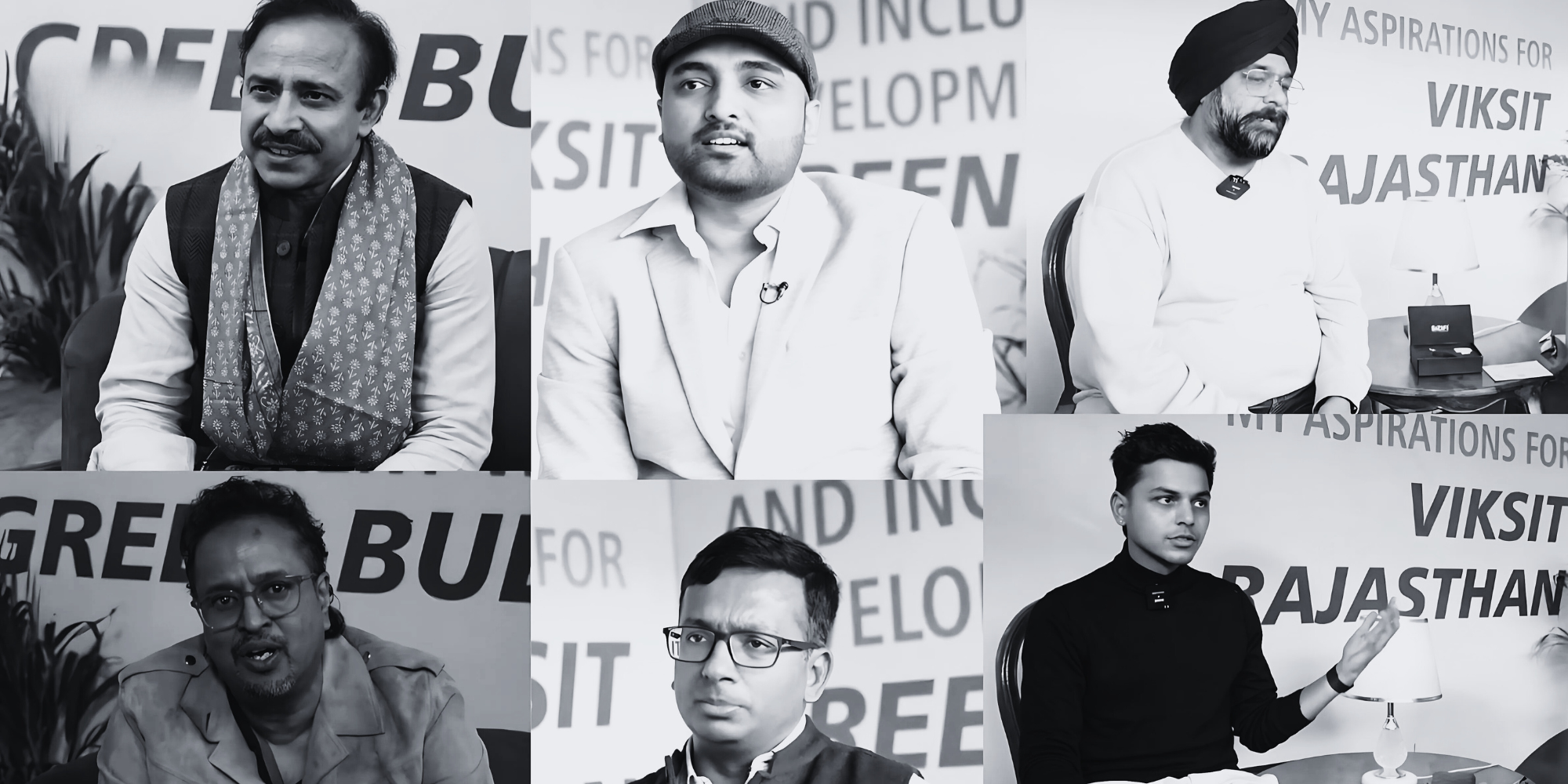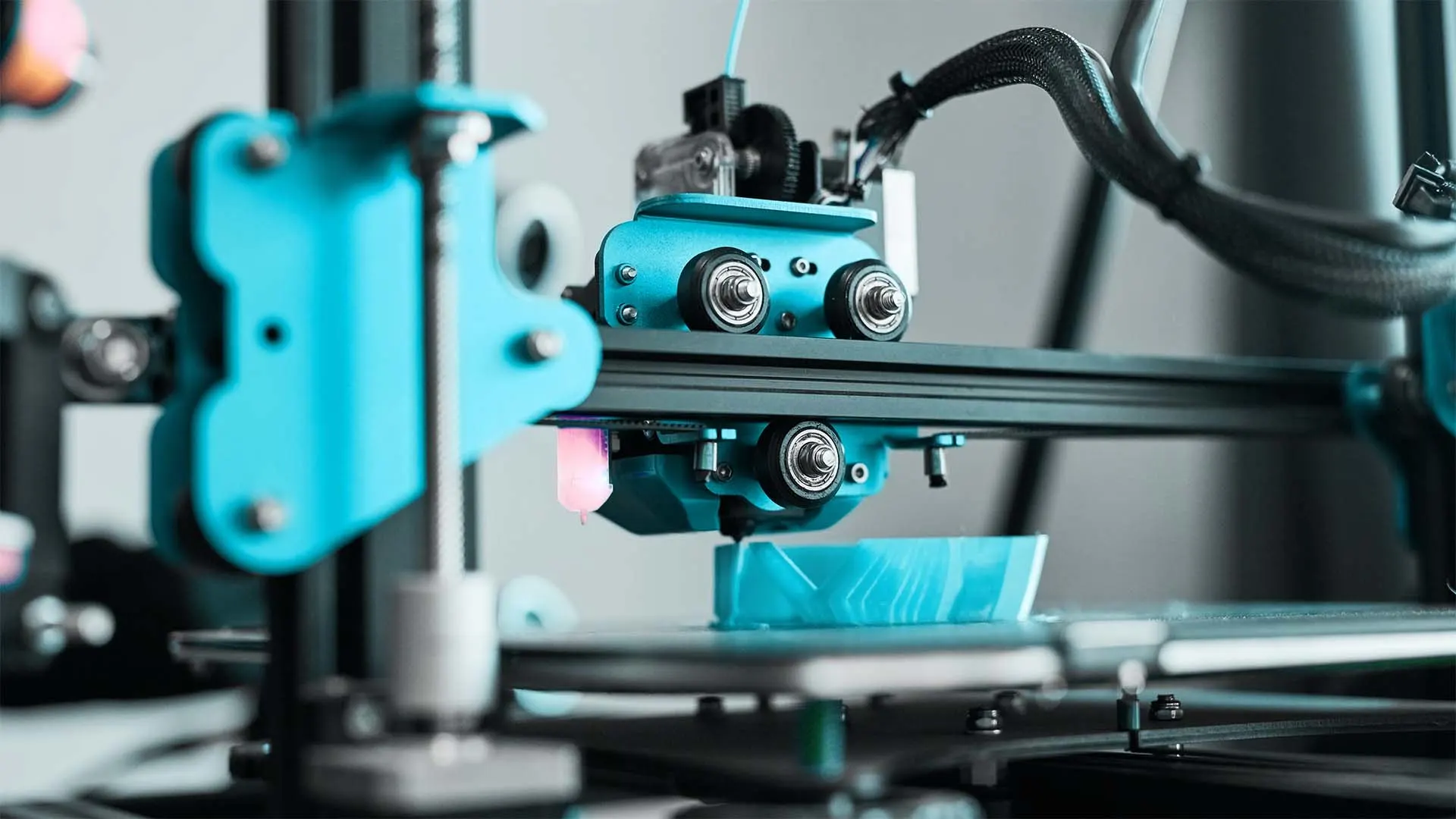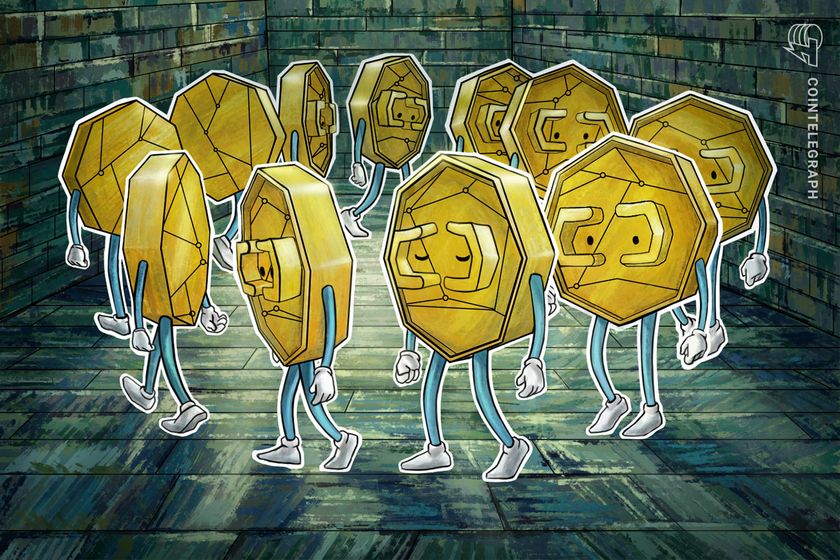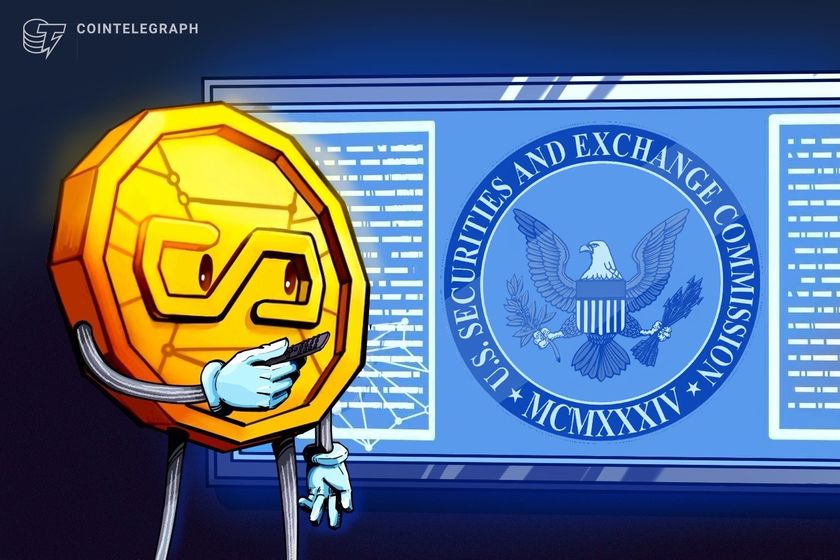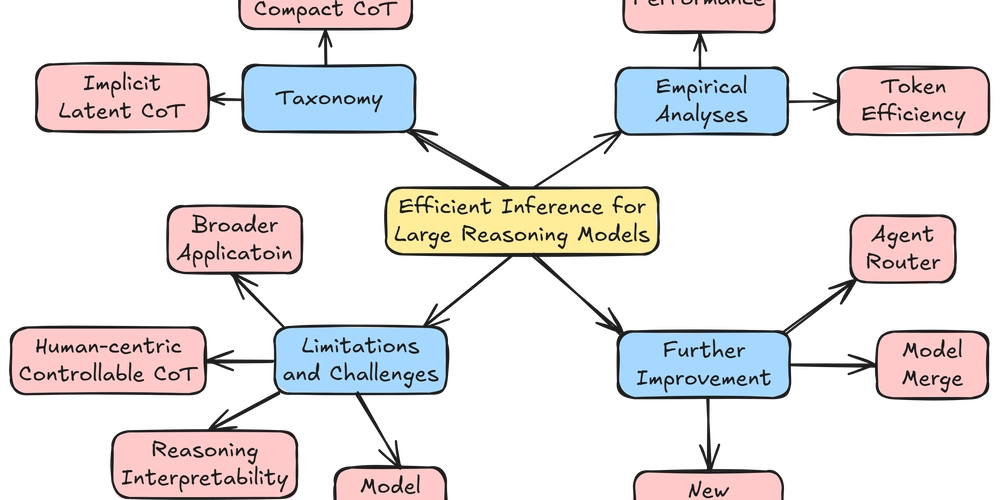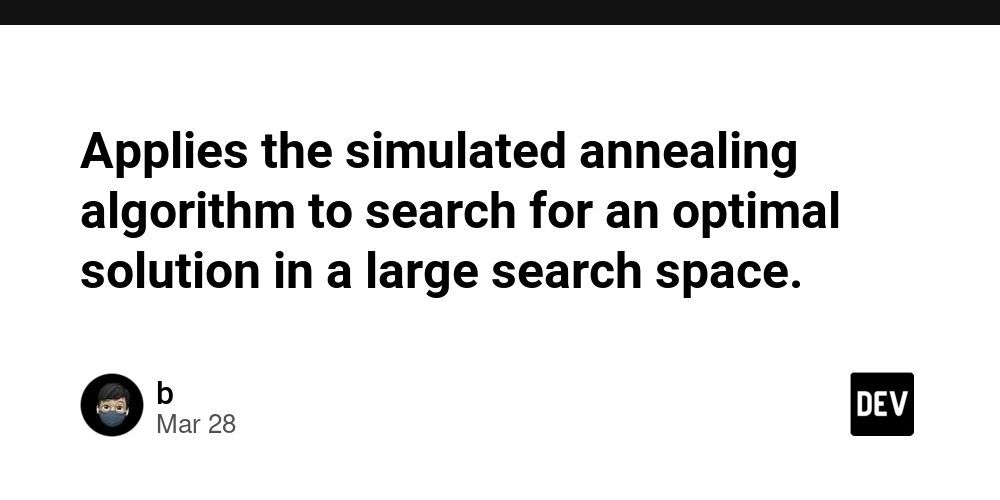How to Balance Deep Work and Collaboration as a Developer
Introduction In the fast-paced world of software development, developers often struggle to balance focused coding sessions with team collaboration. Deep work—uninterrupted, highly focused time—is essential for writing high-quality code. However, collaboration, including meetings, code reviews, and brainstorming, is equally vital for successful software projects. This blog explores why deep work and collaboration are both necessary, the common challenges developers face, and practical strategies to strike the right balance without sacrificing productivity. Why Deep Work is Essential for Developers Deep work allows developers to produce high-quality code, reduce errors, and solve complex problems efficiently. When developers can focus without distractions, they experience: Increased Productivity: Developers complete tasks faster with fewer errors. Better Code Quality: Continuous focus leads to well-structured and optimized code. Reduced Context Switching: Frequent interruptions disrupt problem-solving and slow down progress. Less Burnout: Deep focus helps maintain motivation and job satisfaction. For example, a study by the University of California found that it takes an average of 23 minutes to regain focus after an interruption. Imagine losing that time multiple times a day! The Role of Collaboration in Software Development While deep work is crucial, software development is rarely a solo endeavor. Collaboration ensures that: Knowledge is Shared: Code reviews and pair programming help catch mistakes early. Project Goals Are Aligned: Regular check-ins prevent misunderstandings. Creativity Thrives: Brainstorming and problem-solving sessions spark innovative solutions. However, collaboration can sometimes hinder deep work. Issues such as too many meetings, constant Slack messages, and unexpected interruptions can significantly lower productivity. Common Mistakes That Hurt Productivity Many developers and teams unknowingly create environments that disrupt deep work. Some common mistakes include: Over-scheduling Meetings: Too many meetings break up coding time and reduce focus. Always Being Available: Responding to every message instantly prevents deep concentration. Lack of Clear Boundaries: Without dedicated focus hours, developers struggle to maintain productivity. Poorly Managed Task Priorities: Jumping between urgent but low-impact tasks disrupts meaningful work. Practical Strategies to Balance Deep Work and Collaboration To achieve a balance, developers and teams can implement the following strategies: Time Blocking: Dedicate specific hours for deep work and separate slots for collaboration. For example, developers can code in the morning and attend meetings in the afternoon. Async Communication: Use Slack threads, Loom videos, and email updates instead of real-time meetings whenever possible. Meeting Optimization: Keep meetings short, structured, and only include necessary participants. Collaboration Hours: Establish clear “no-interruption” hours for focused work and set specific times for discussions. Leverage Project Management Tools Tools like Teamcamp help manage projects asynchronously, reducing the need for excessive meetings. Case Study: A Real-Life Example A mid-sized tech company faced declining developer productivity due to constant Slack interruptions and excessive meetings. They implemented two deep work blocks per day and shifted most discussions to async communication. Within a month: Meeting time reduced by 40% Developer output increased by 25% Bug reports decreased due to improved focus Conclusion Balancing deep work and collaboration is crucial for developers. While uninterrupted focus drives high-quality coding, collaboration ensures alignment and teamwork. By implementing structured schedules, async communication, and productivity tools, developers can create an efficient workflow. If you want to read a more detailed blog on this topic, check out this in-depth guide on balancing deep work and collaborative projects How do you manage deep work and collaboration in your team? Share your thoughts in the comments!
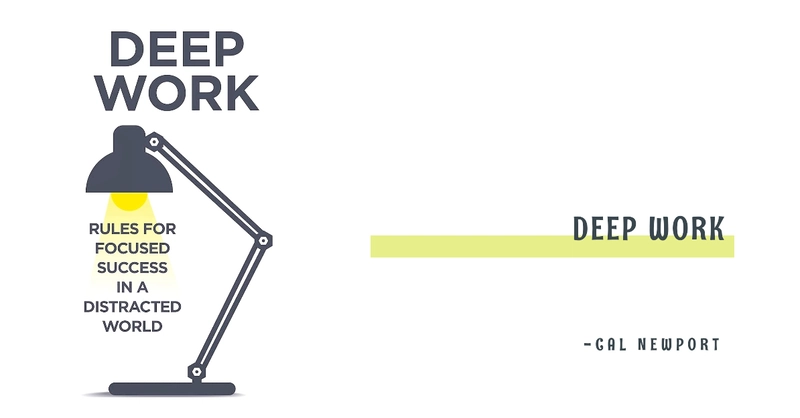
Introduction
In the fast-paced world of software development, developers often struggle to balance focused coding sessions with team collaboration. Deep work—uninterrupted, highly focused time—is essential for writing high-quality code. However, collaboration, including meetings, code reviews, and brainstorming, is equally vital for successful software projects.
This blog explores why deep work and collaboration are both necessary, the common challenges developers face, and practical strategies to strike the right balance without sacrificing productivity.
Why Deep Work is Essential for Developers
Deep work allows developers to produce high-quality code, reduce errors, and solve complex problems efficiently. When developers can focus without distractions, they experience:
Increased Productivity: Developers complete tasks faster with fewer errors.
Better Code Quality: Continuous focus leads to well-structured and optimized code.
Reduced Context Switching: Frequent interruptions disrupt problem-solving and slow down progress.
Less Burnout: Deep focus helps maintain motivation and job satisfaction.
For example, a study by the University of California found that it takes an average of 23 minutes to regain focus after an interruption. Imagine losing that time multiple times a day!
The Role of Collaboration in Software Development
While deep work is crucial, software development is rarely a solo endeavor. Collaboration ensures that:
Knowledge is Shared: Code reviews and pair programming help catch mistakes early.
Project Goals Are Aligned: Regular check-ins prevent misunderstandings.
Creativity Thrives: Brainstorming and problem-solving sessions spark innovative solutions.
However, collaboration can sometimes hinder deep work. Issues such as too many meetings, constant Slack messages, and unexpected interruptions can significantly lower productivity.
Common Mistakes That Hurt Productivity
Many developers and teams unknowingly create environments that disrupt deep work. Some common mistakes include:
Over-scheduling Meetings: Too many meetings break up coding time and reduce focus.
Always Being Available: Responding to every message instantly prevents deep concentration.
Lack of Clear Boundaries: Without dedicated focus hours, developers struggle to maintain productivity.
Poorly Managed Task Priorities: Jumping between urgent but low-impact tasks disrupts meaningful work.
Practical Strategies to Balance Deep Work and Collaboration
To achieve a balance, developers and teams can implement the following strategies:
Time Blocking: Dedicate specific hours for deep work and separate slots for collaboration. For example, developers can code in the morning and attend meetings in the afternoon.
Async Communication: Use Slack threads, Loom videos, and email updates instead of real-time meetings whenever possible.
Meeting Optimization: Keep meetings short, structured, and only include necessary participants.
Collaboration Hours: Establish clear “no-interruption” hours for focused work and set specific times for discussions.
Leverage Project Management Tools
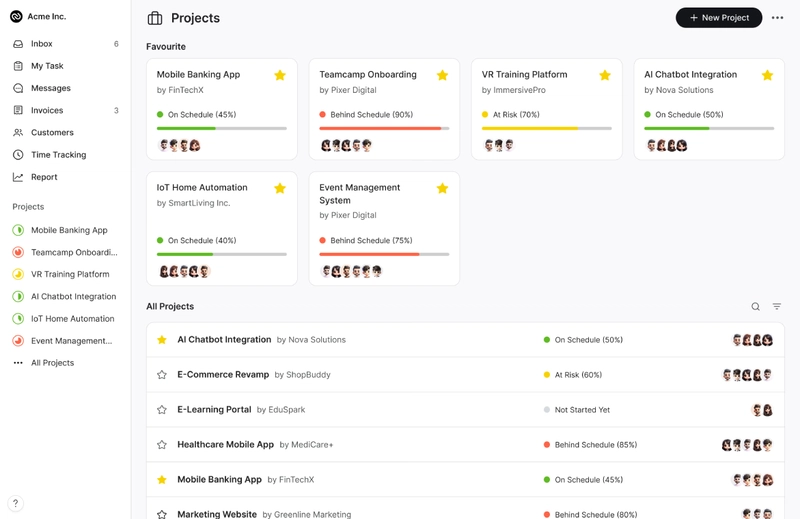
Tools like Teamcamp help manage projects asynchronously, reducing the need for excessive meetings.
Case Study: A Real-Life Example
A mid-sized tech company faced declining developer productivity due to constant Slack interruptions and excessive meetings. They implemented two deep work blocks per day and shifted most discussions to async communication. Within a month:
Meeting time reduced by 40%
Developer output increased by 25%
Bug reports decreased due to improved focus
Conclusion
Balancing deep work and collaboration is crucial for developers. While uninterrupted focus drives high-quality coding, collaboration ensures alignment and teamwork. By implementing structured schedules, async communication, and productivity tools, developers can create an efficient workflow.
If you want to read a more detailed blog on this topic, check out this in-depth guide on balancing deep work and collaborative projects
How do you manage deep work and collaboration in your team? Share your thoughts in the comments!






















































.jpg)
%20Abstract%20Background%20112024%20SOURCE%20Amazon.jpg)


















































































































![[The AI Show Episode 142]: ChatGPT’s New Image Generator, Studio Ghibli Craze and Backlash, Gemini 2.5, OpenAI Academy, 4o Updates, Vibe Marketing & xAI Acquires X](https://www.marketingaiinstitute.com/hubfs/ep%20142%20cover.png)
















































































































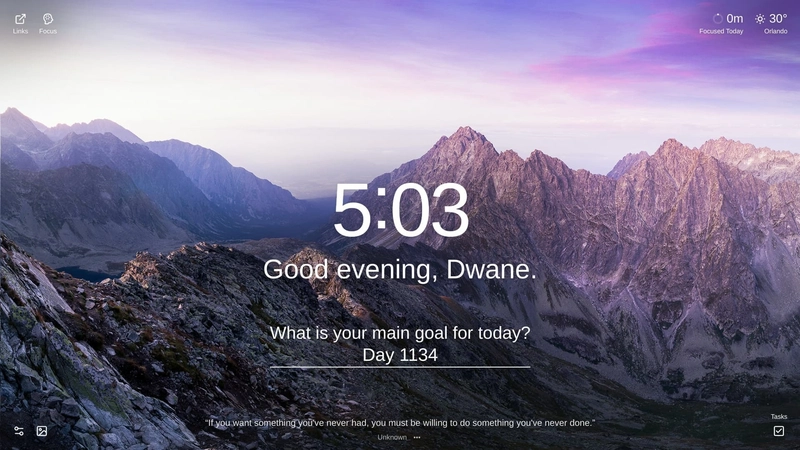
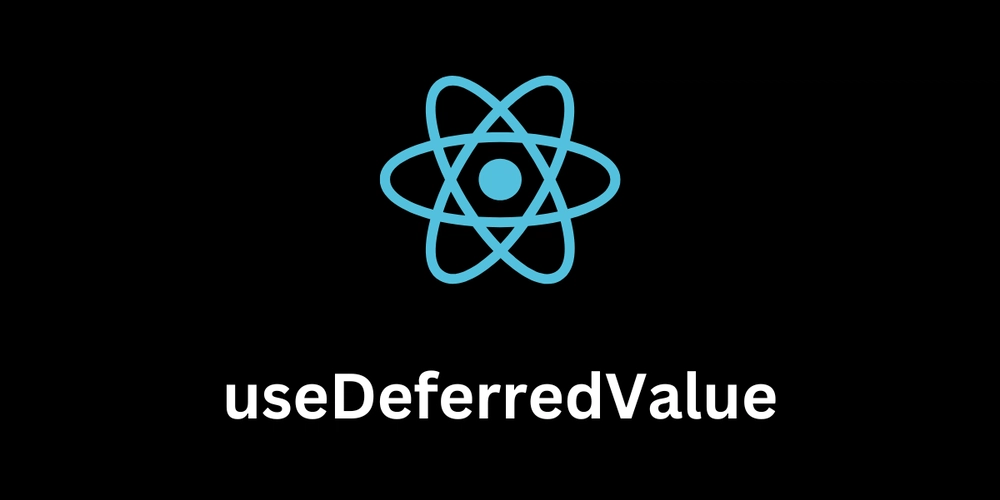
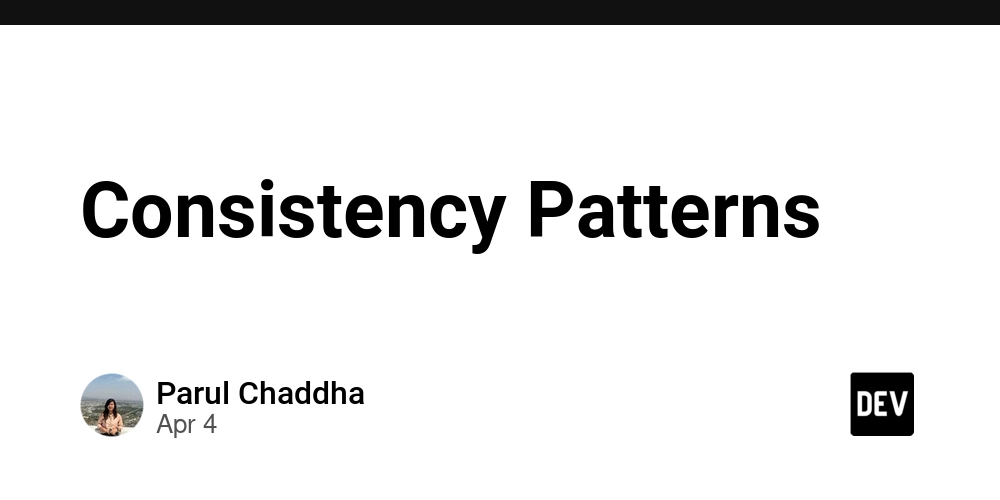













![From drop-out to software architect with Jason Lengstorf [Podcast #167]](https://cdn.hashnode.com/res/hashnode/image/upload/v1743796461357/f3d19cd7-e6f5-4d7c-8bfc-eb974bc8da68.png?#)
















































.png?#)













































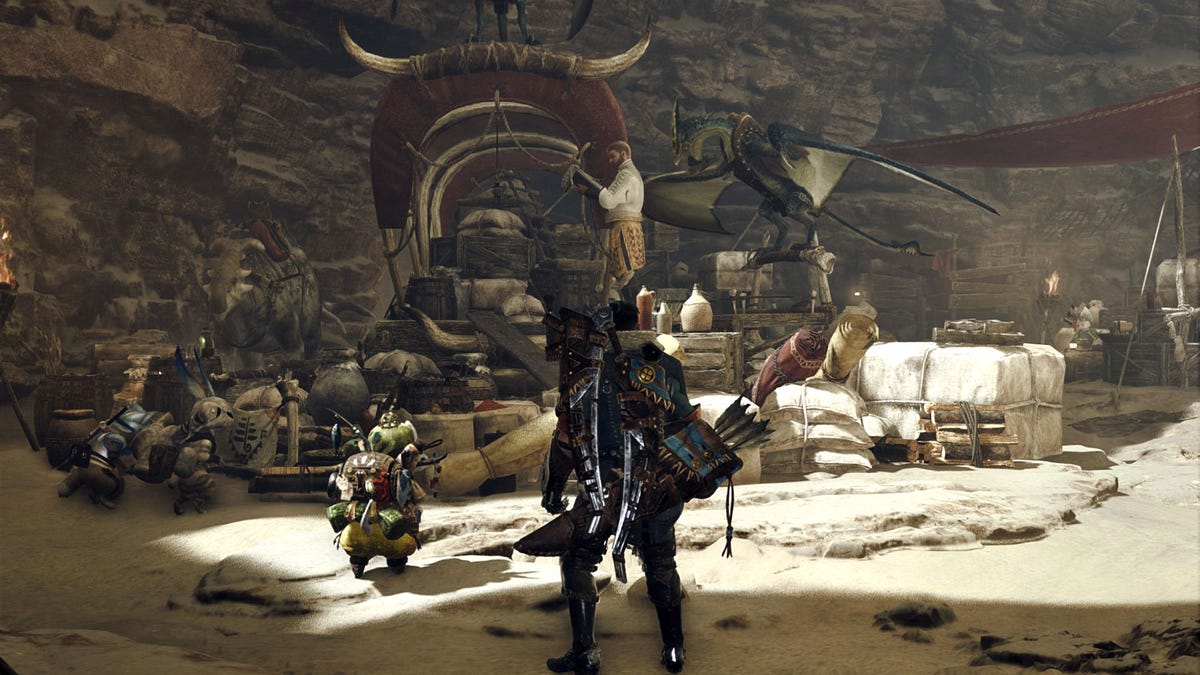


































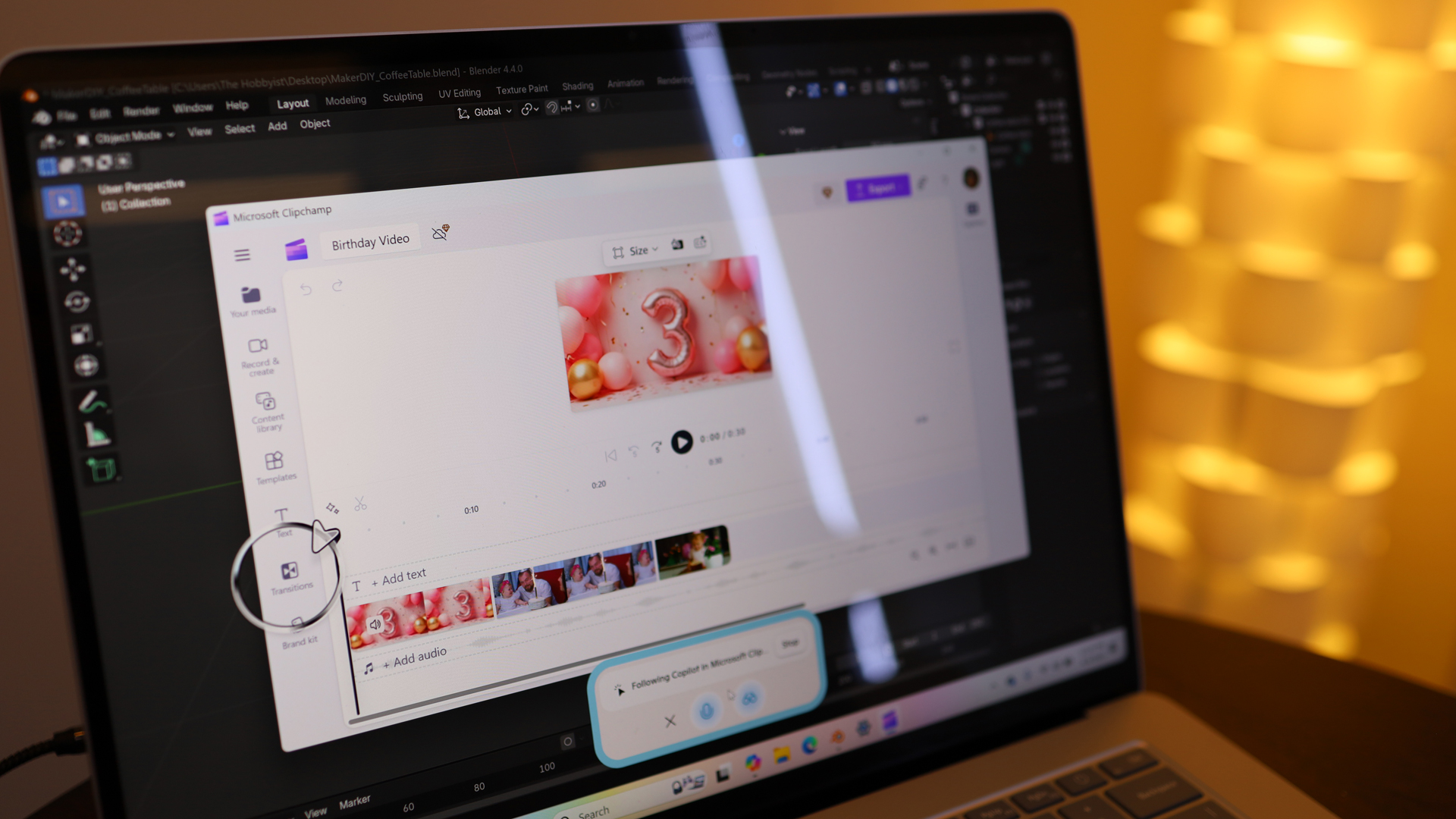










_Christophe_Coat_Alamy.jpg?#)




















































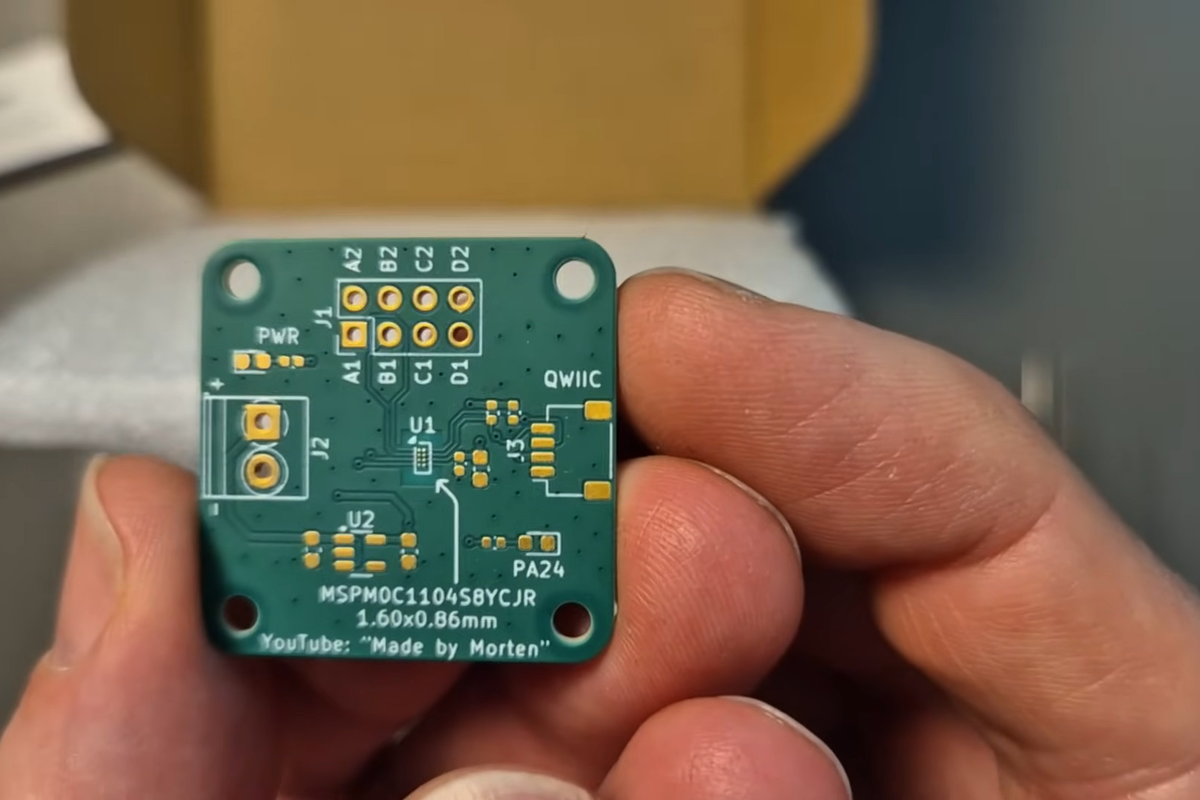
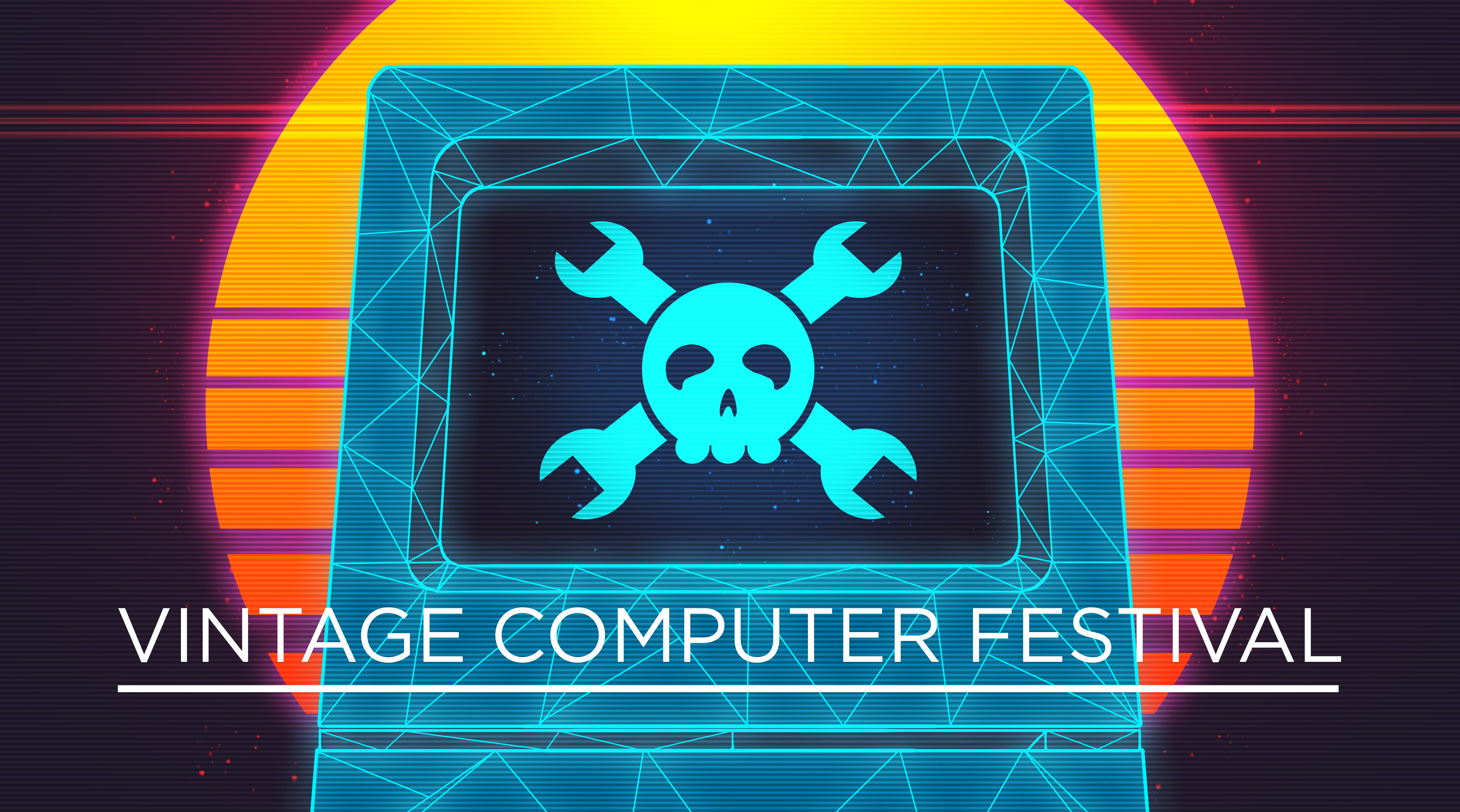




















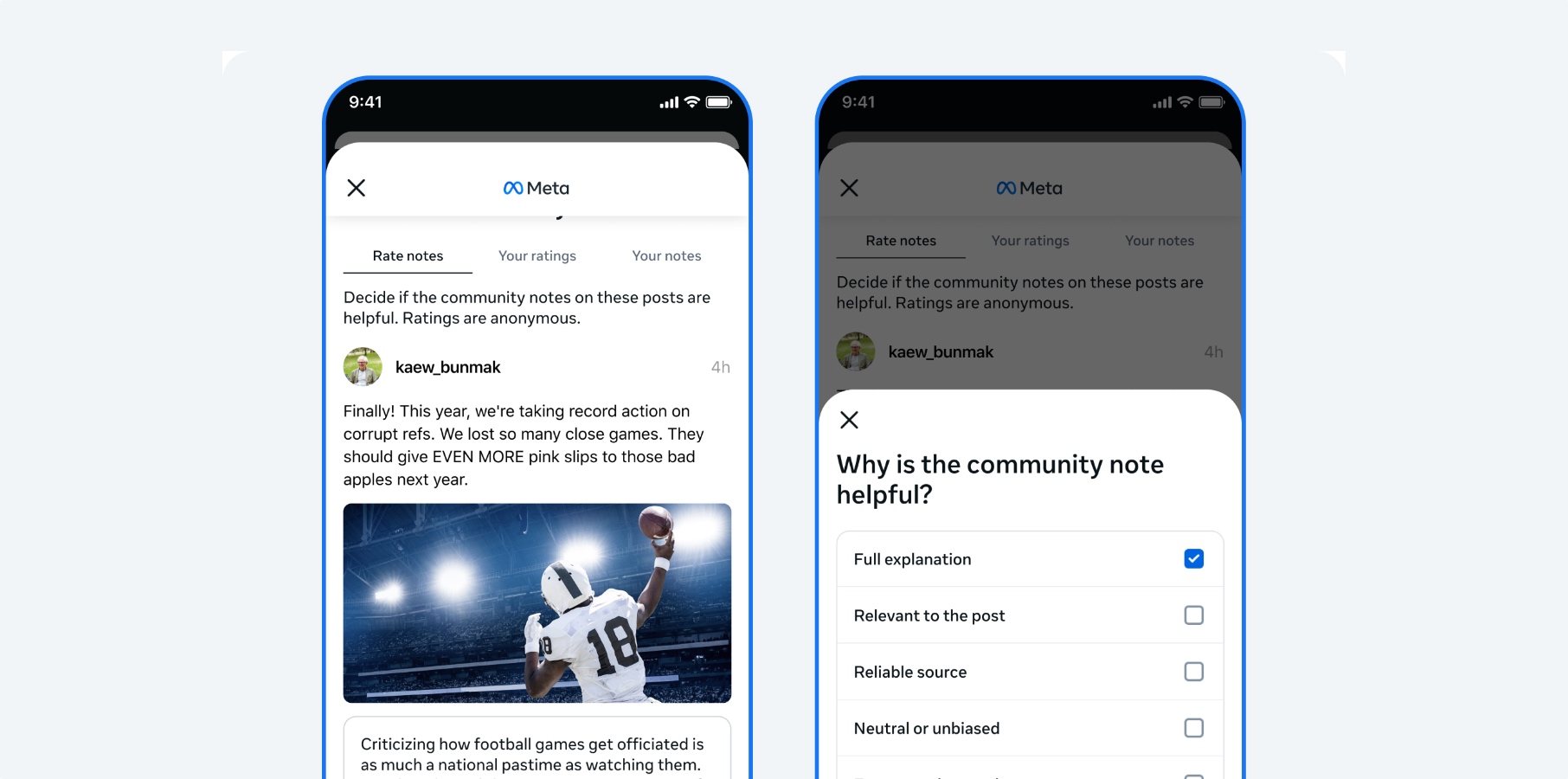













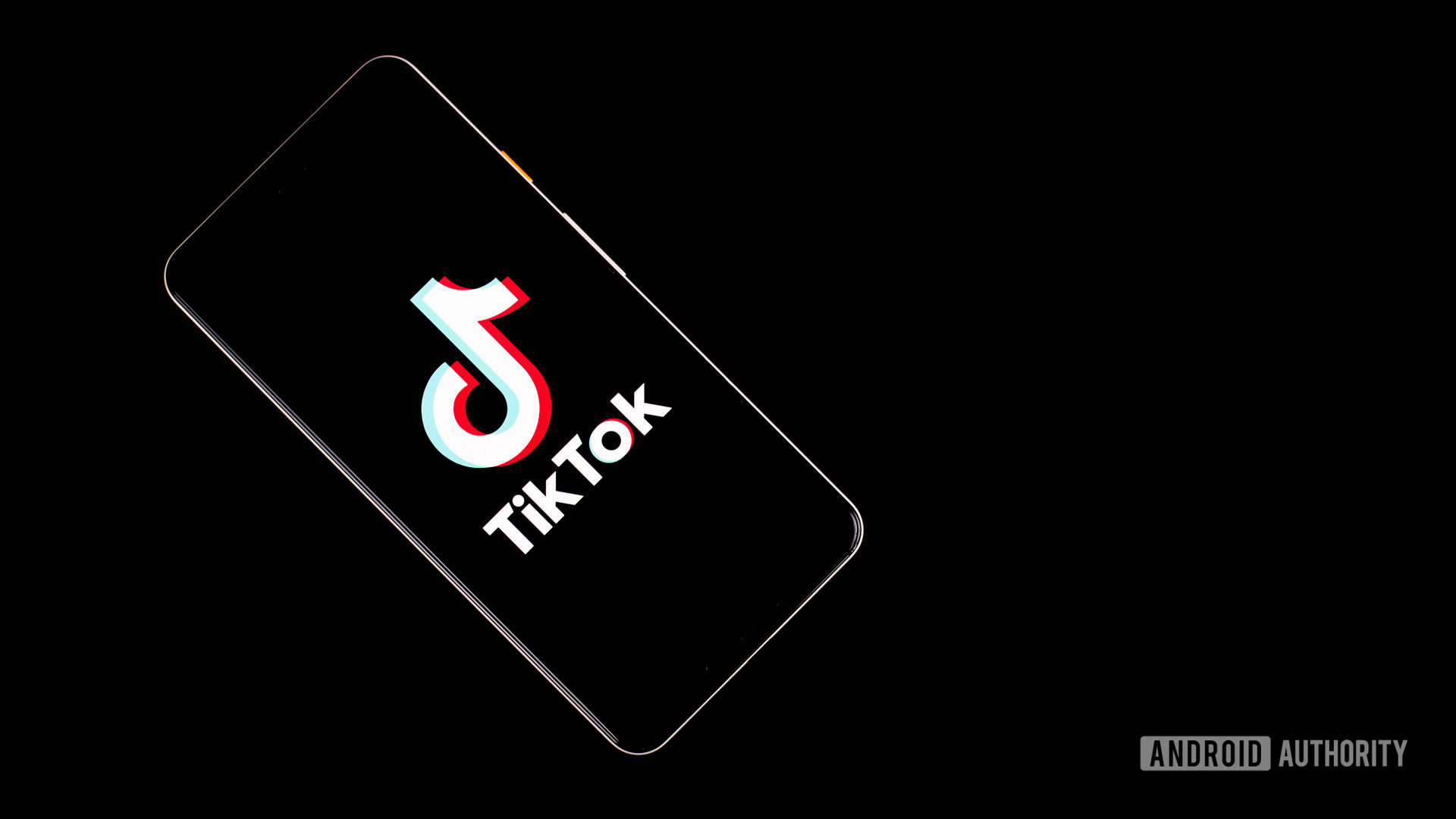
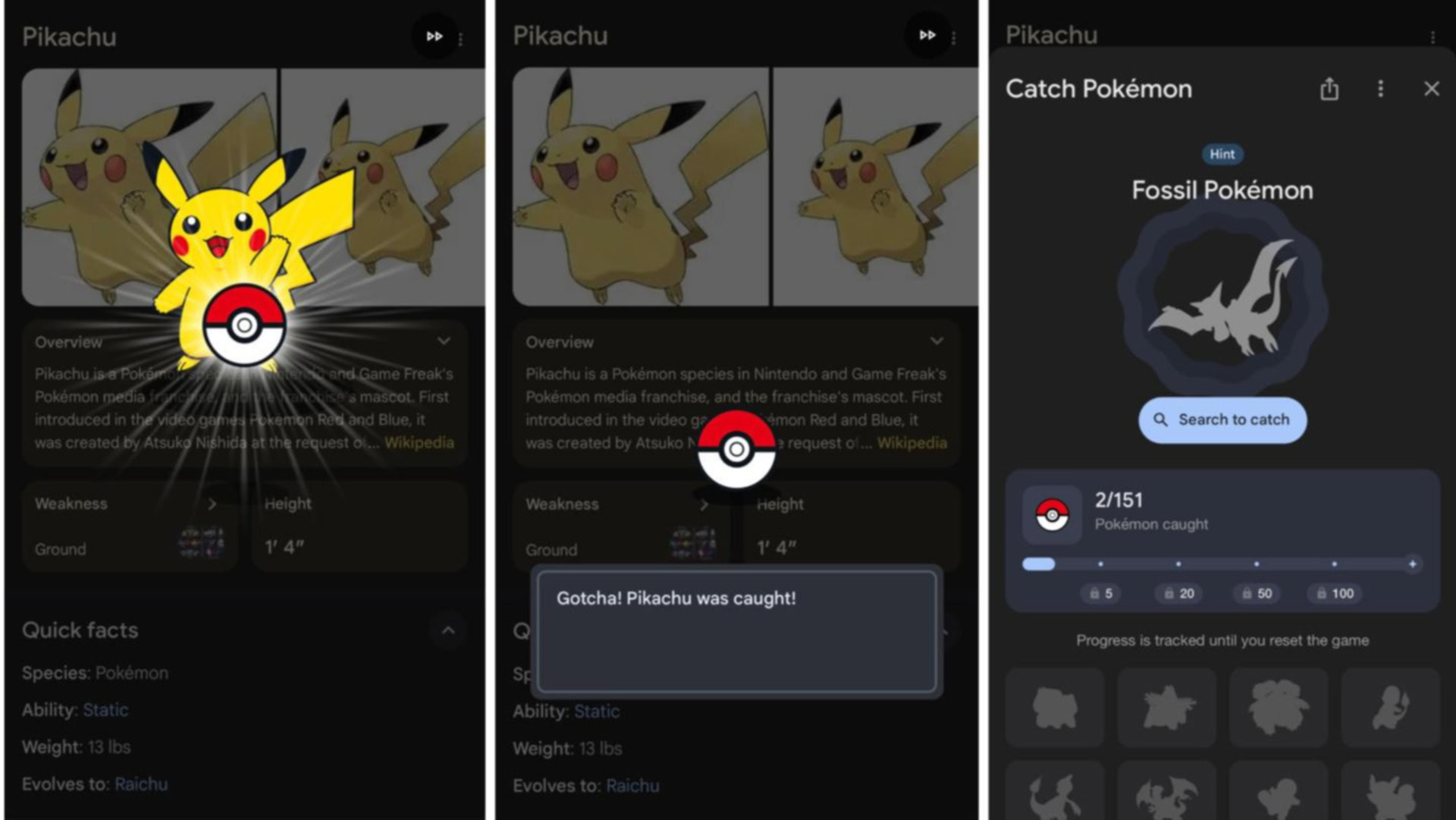



















![Rapidus in Talks With Apple as It Accelerates Toward 2nm Chip Production [Report]](https://www.iclarified.com/images/news/96937/96937/96937-640.jpg)









































































